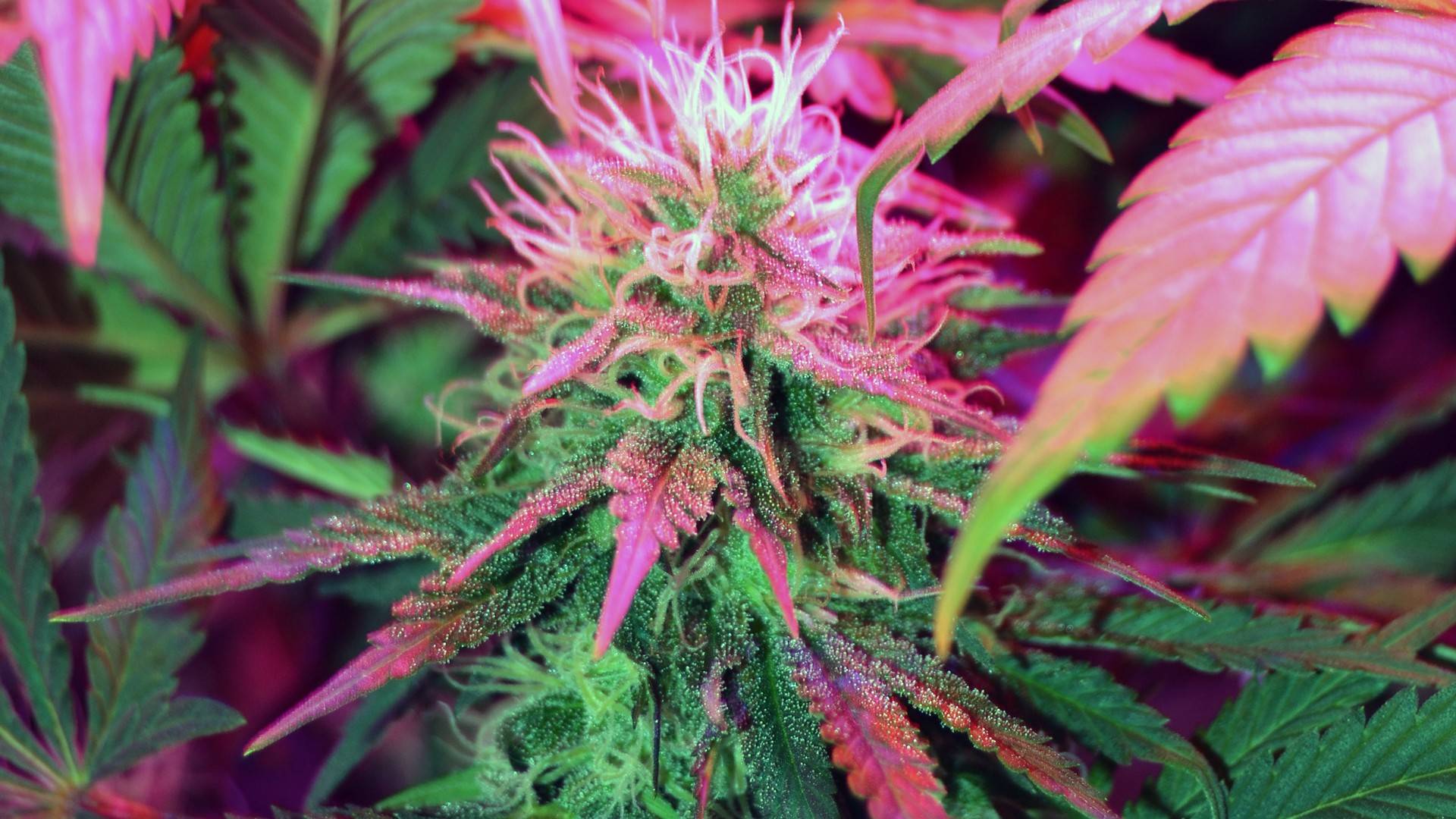
With societies worldwide still trying to grapple with the emerging situation surrounding the legalization, research, and use of marijuana, the need to support enlightened, responsible, and ethical interaction with cannabis has never been more urgent. Marijuana is not a marginal issue existing on the fringes of counterculture or black markets anymore – it is a topic of scientific research, medical use, business interest and reform. The shift requires a subtle multidisciplinary perception that incorporates pharmacological science, public health, law, culture, and ethics.
Science and the Public Understanding: Mediating that Gap.
Evidence-based education is one of the main conclusions which can be drawn regarding the modern marijuana debate. Although cannabis has become more acceptable to the general population, misinformation and overstated facts, both, positive and negative, are still prevalent. To use it responsibly, it is important to spread correct information about what cannabis is capable of and what it is not, according to the existing research, clinical evidence, and regulatory advice.
- Education of consumers requires dosing, type of products, side effects, and interactions.
- Clinical guidelines should be provided to healthcare providers in order to be able to counsel the patients.
- Governmental deciders should use evidence-based information to control the access and safeguard societal wellbeing.
The future of cannabis is to bring together the gap between the popular excitement and the science.
Weighing of Benefits and Risks.
Cannabis has real therapeutic prospects on an array of disorders, such as chronic agony, epilepsy, and nausea brought about by chemotherapy. Simultaneously, its utilization, especially uncontrolled or started at a young age, may lead to cognitive, psychiatric, and behavioral damages. Such ambivalence of cannabis dictates the need to seek a middle ground that would allow to reap the maximum benefits and reduce the risks to a minimum.
This involves:
- Enforcing age limits to limit exposure of adolescents.
- Testing and labeling of products to assure the consumer safety.
- Formulating standardised dose structures of clinical applications.
- Follow-up of unwanted effects such as substance use disorders and mental issues.
Legal responsibility or accessibility are not the only important aspects of responsible use, which should also be about accountability, awareness, and regulation.
Promoting Equity and Inclusion
Historical injustices and limited representation in the legal market The maturation of the cannabis industry necessitates an ethical responsibility to correct the historical injustices and include all people in the legal market. This includes:
- Sealing of old criminal records involving cannabis.
- Social equity initiatives giving power to the communities who have been unfairly impacted by the prohibition.
- Reasonable licensing policies to prevent monopolization and assist small and minority owned business.
Legalization ought to be something more than a business, it must be an instrument of justice, and social therapy.
